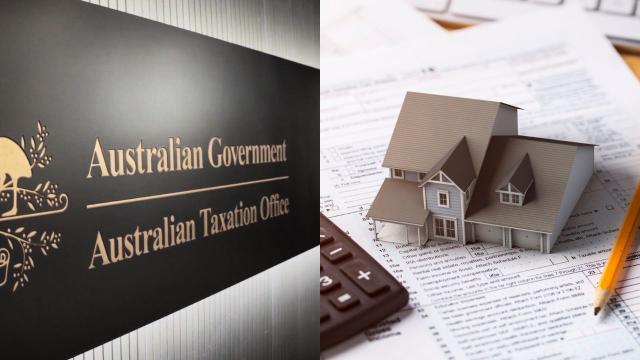The end of the financial year is coming up quickly, folks and tax season is likely to look a little different this year. From the shifting nature of working from home claims to superannuation changes, there’s a lot to keep in mind this year, and the ATO says a “copy and paste” job of your last tax claim will not cut it.
Here are the key points to keep in mind for the 2023 tax season.
The ATO is cracking down on certain tax claims
Last year, Assistant Commissioner Tim Loh warned in a statement that the ATO was on the lookout for those attempting to “double-dip” their tax claims.
This resulted in the ATO cracking down on things like streaming services, car expenses and the WFH shortcut method. Expect the same level of scrutiny to be applied to those claims this year, but in addition to that, what else will the ATO be looking out for?
Loh said in a statement that there are three key areas the ATO is looking at this year. They include:
Rental property deductions

This one is for all the landlords out there.
The ATO said that its latest review shows nine-out-of-10 rental property owners are getting their tax returns wrong. Often, rental income is being left out or mistakes are being made with property-related deductions. A particular focus is being placed on interest expenses and ensuring rental property owners “understand how to correctly apportion loan interest expenses where part of the loan was used for private purposes.”
According to Loh:
“You can only claim interest on a loan used to purchase a rental property to earn rental income – don’t forget, if your loan also includes a private expense, such as for a new car or a trip to Bali, you can only claim an interest deduction for the portion relating to producing your rental income.”
Work-related expenses
With working-from-home arrangements shifting, the ATO is asking Aussies to consider whether their claims truly reflect their situation.
“There have also been some changes in how you calculate things like working from home deductions, so don’t be tempted to just copy and paste your prior year’s claims. We know a lot of people are working back in the office more compared to last year,” Loh said.
This also comes off the back of some changes to the WFH claim methods.
As Mark Chapman, Director of Tax Communications at H&R Block, explained to us:
“The fixed rate of 67 cents per hour no longer covers any form of depreciation of assets and therefore separate claims need to be made for depreciation.”
“You can’t claim any separate deductions for items covered by the fixed rate and that means that if you want to claim actual mobile phone expenses, you must claim actual costs for all of the expenses covered by the fixed rate. Do you have sufficient records to claim actual costs? Probably not – so you’re forced to use the 67-cent fixed rate.”
To claim WFH expenses as a deduction, you can still use the actual cost or the revised fixed rate method, provided you meet the eligibility and record-keeping requirements.
“Keeping good records will give you flexibility to choose the right method that suits your circumstances and gives you the best deduction this tax time,” Loh said.

Capital Gains Tax
Taxpayers need to consider Capital gains tax if they have disposed of assets, including shares, crypto, managed investments or properties.
“Generally, your main residence is exempt from CGT, however if you have used your home to produce income, such as renting out all or part of it through the sharing economy, for example Airbnb or Stayz, or running a business from home, then CGT may apply,” Loh said.
The ATO reminds everyone of the importance of keeping records of the income-producing period and the portion of the property used to produce income to calculate capital gain.
Given the downturn in the crypto market lately, it’s likely the ATO will be looking out for those who have sold their assets at a loss and are claiming to be trading.
“Don’t fall into the trap of thinking we won’t notice if you sell an asset for a gain and don’t declare it,” Loh warned.
Honesty is the best policy
On that note, Ray Jaramis, head of Financial Wellness at Employment Hero, shared some additional insight, saying the ATO has “benchmarks and averages for certain claims,” and the organisation will crosscheck “your claims with comparable claims from people in similar occupations”.
Be honest, and “don’t surrender to the temptation of copying and pasting your previous year’s tax return,” he warned.
Most of us will have different claims because, simply, the world was remarkably different last year. Submitting a carbon copy of last year’s tax return [generally] won’t be a fair reflection on how you worked last year, so just don’t do it,” Jaramis added.
This goes for everything from working style to crypto investments.
For additional details on what you can and can’t claim, check out the ATO’s occupation and industry guides here.
This ATO and tax season article has been updated since its original publish date.

Leave a Reply
You must be logged in to post a comment.